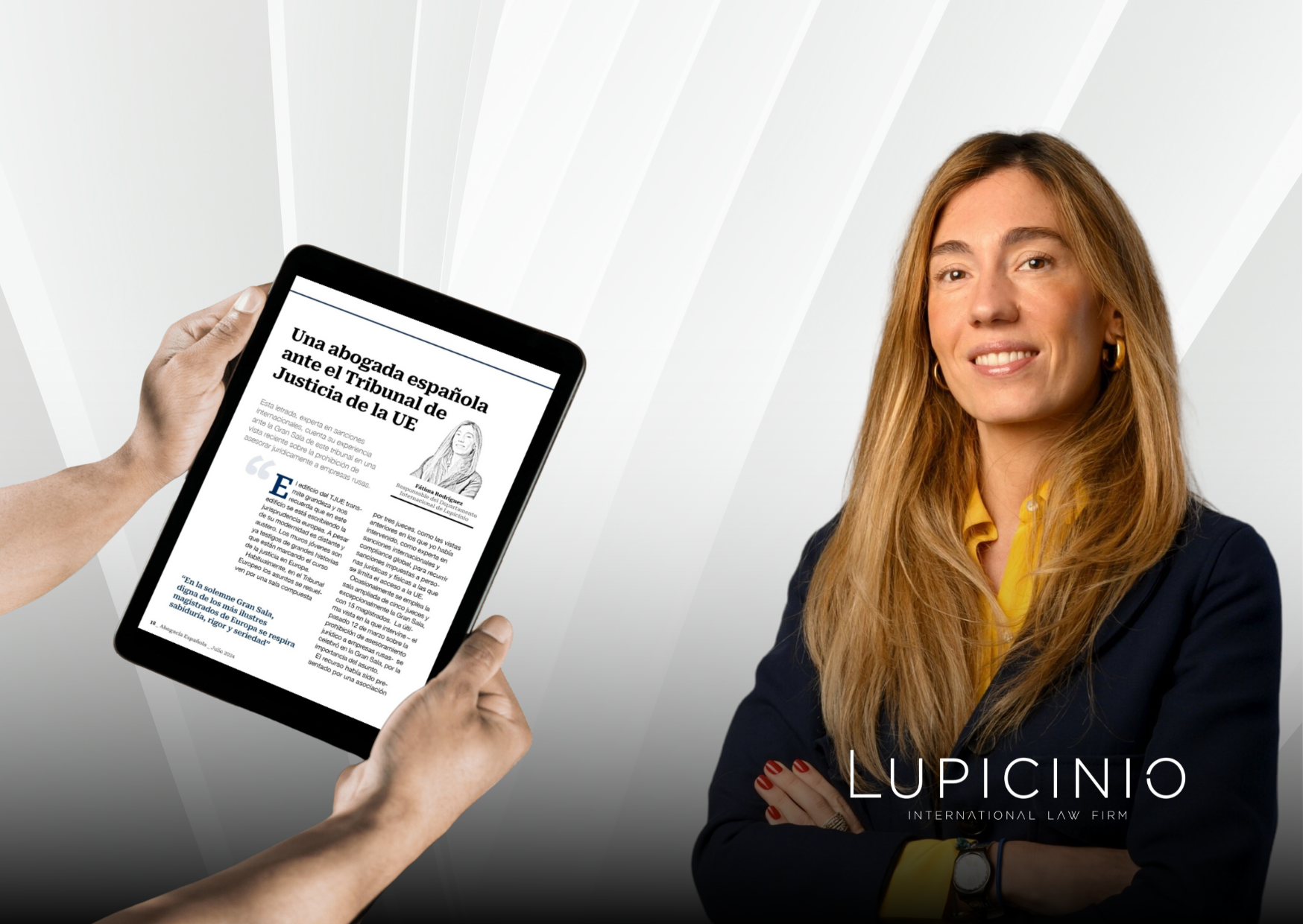On 29 April, Royal Decree Law 16/2020, of 28 April, on procedural and organisational measures to deal with COVID-19 in the field of the Administration of Justice was published in the Official State Gazette.
In the fourth final provision of this Royal Decree-Law, a modification of Royal Decree-Law 11/2020 of 31 March has been introduced, by which a series of urgent measures related to the leasing of habitual residence were adopted.
Firstly, Royal Decree-Law 16/2020 has modified the period available to tenants of primary residences to send their landlords requests for moratoriums or deferments, increasing this period to 3 months from the entry into force of Royal Decree-Law 11/2020. In other words, said requests may be sent to the landlords until July 2, 2020.
This corrects, at least partially, one of the defects that we pointed out in our analysis article of Royal Decree Law 11/2020, given that the previous deadline for the submission of such requests (May 2, 2020), since access to the measure then approved was limited to those tenants who suffered the effects of Covid-19 after that date of May 2, and also to those tenants who had problems in proving compliance with the requirements established in Royal Decree Law 11/2020 in order to access the measures, or in proving the status of their landlord as a large holder.
Secondly, Article 9 of Royal Decree Law 11/2020 has been partially amended, relating to the approval of a line of guarantees to cover the financing of tenants in a situation of social and economic vulnerability on behalf of the State as a result of the expansion of COVID-19.
Thus, it has been specified, as already seemed intuitive in the amended Royal Decree-Law, that the transitional financial assistance to the affected lessees will take the form of loans – and not other types of assistance, such as credit accounts – from credit institutions – and not “banking” institutions.
On the other hand, three new sections are included in said article 9 that intend to facilitate the approval of the referred aids such as (i) the non-need of authorization from the Government to approve aids that exceed 12 million euros foreseen in the General Law of Subsidies; (ii) that the concession of the loan will suppose in turn the automatic concession -revisable “ex post”- of an aid from the same Ministry of Transport, Mobility and Urban Agenda, charged to the budgetary application 17.09.261N.481, to meet the interest and expenses inherent in it, so we understand that the provisions of paragraph 1 of this Article 9 are therefore qualified, when it refers to the fact that the loans will not accrue any type of expense or interest for the applicant’, it really means that they will accrue, but that additional aid will be granted to the applicants for the payment of these; (iii) the measures for monitoring the implementation of the budget are relaxed as regards the agreement between the Ministry of Transport, Mobility and the Urban Agenda and the Official Credit Institute concerning this aid, an agreement to which the special regime provided for in Article 39 of Royal Decree Law 8/2020 will also be applicable, i.e. with the relaxation of some of the approval procedures (through the non-application of Article 50. 1 and 50.2 letters a, b and c of Law 40/2015, of 1 October, on the Legal System for the Public Sector) and of perfection and effectiveness (through the non-application of the provisions of Article 48.8 of the same Law 40/2015).
Autores:
More information:
C/ Villanueva 29, 28001 Madrid
T: +34 91 436 00 90
Av. Diagonal 520, 08006 Barcelona
T: +34 93 488 28 02
info@lupicinio.com







